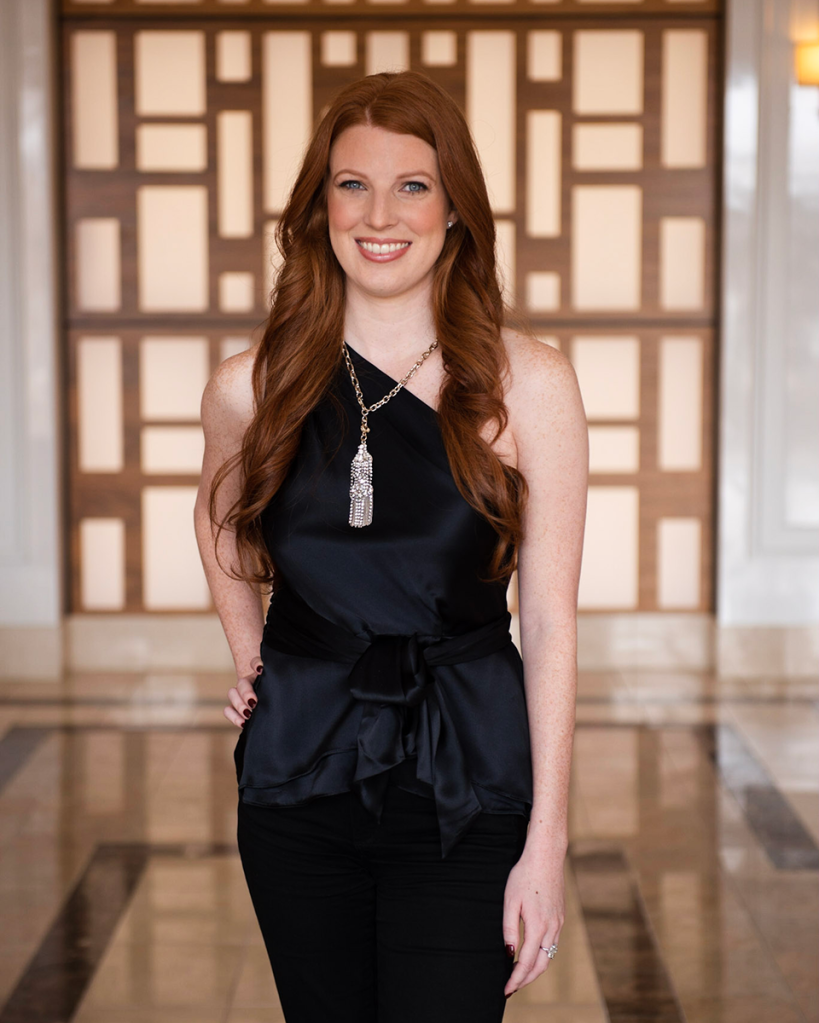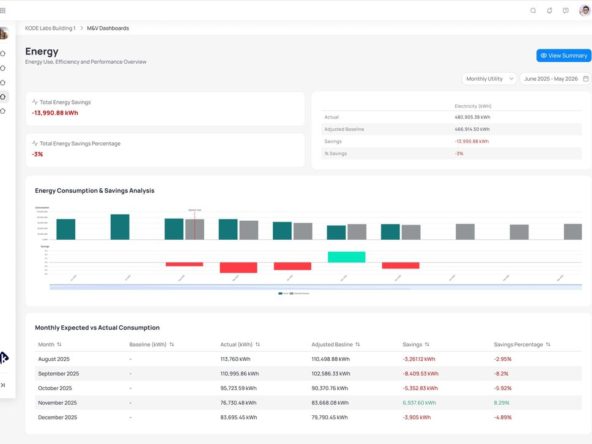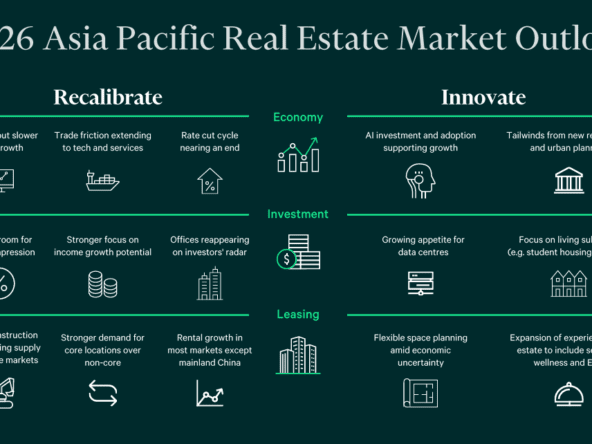People only connect online now, and no one uses business cards anymore, right? Not the case at all. I attended two networking events just this week and walked away with 15 physical business cards and one virtual business card. The art of exchanging cards is not dead.
For real estate agents who are newer to the business or simply looking to level up their business card game, keep reading for our ultimate guide to real estate agent business cards. We’ll cover why business cards are important, examples of specific designs and why they work, where to order yours plus alternatives to traditional business cards.
Why business cards are important
Real estate business cards are an important tool for agents to have for many reasons. Here is a breakdown of why you should purchase business cards today.
Credibility
A business card is a symbol that you are a legitimate professional, equipped with the proper tools to build relationships and stay in touch. Just this past weekend, a new potential client reached out to me via text after I had sent her a letter in the mail. She asked for a photo of my business card.
Since so many real estate agents come into the business and don’t last beyond their first year, investing the time and money to design and order business cards signals to the people you meet that you’re established and in this business for the long run.
Branding
Your first impression with any new person (whether it’s a prospective client, networking contact or simply a newly met friend) is important and will stick with them. One of the best ways to make a memorable first impression is through the branding on your business cards.
So many cards look alike, especially those given to employees by their companies. We, as real estate agents, have the unique advantage of being able to design our own business cards that reflect our personal brand. Be sure to check with your broker to ensure compliance, of course. Imagine a pocketful of white, basic cards; then one that really stands out. Maybe it’s a unique shape or has a creative photo of you on the front. That will really make you stand out in the crowd.
Related articles
How to create real estate branding that attracts your ideal clients
33 proven real estate marketing ideas & tools top agents swear by
Stay connected
Follow-up is key in building a successful real estate business. While you’ll always want to ask a new contact for their business card before handing them your own (because it’s much more polite and puts you in control of the follow-up), having your own cards to reciprocate and complete the exchange will allow you to stay connected with your new mets.
There are some people who will hang on to a business card for a long time and reach out when they have a need. Imagine meeting someone at a social event; they take your card, then you get a call a few years later when they want to sell. This is the exception, not the rule, yet it does happen occasionally. Be prepared to meet this type of personality and always have your real estate business cards on hand.
Drive traffic to your social media or website
Including your social media handles and website address on your business cards is a good way to drive traffic to your sites and encourage more people to engage with your online presence.
You can type out the handles/URL or use a QR code for people to scan. If you have a lot of links, consider using LinkTree, a platform that can house all your links in one place. Check out mine, as an example.
Related articles
10 real estate social media marketing strategies to grow your brand ( + top tools)
31 real estate social media post ideas to engage your audience
What to include on your business card
With so many different options, you may be wondering what information you should always include and what’s optional. Here’s what I’d always recommend including on your real estate business card.

- Your name: Include your name. Obvious, right? But it’s important to include the name you wish to be called. If your legal name is Timothy but you always go by Tim, make sure your business card says Tim. This eliminates any confusion when you meet someone new.
- Your official title: This should be your actual license status. For example, if you are a real estate agent, your title should be “Sales Associate” or “Licensed Real Estate Salesperson,” depending on your state requirements.
- Your brokerage’s logo and any required logos: Be sure to include your brokerage’s logo (use the correct DBA, such as KW Chestnut Hill instead of simply Keller Williams, if you’re with a national franchise). Check with your broker for any other required logos you need to have on your business card, for example, the fair housing logo or the REALTOR® symbol, complete with the trademark symbol.
- Contact information: How can people reach you? Include your business email address, cell phone number (I like to write “call/text: XXX-XXX-XXXX” so people know they can text me at the same number), and your brokerage’s physical address.
- Your website: Even a basic website is an important component of building your credibility. People generally expect any legit business owner to have a website, so be sure to include your URL on your business card. Pro tip: if your website’s URL is long, consider investing in buying a shorter domain name that’s easy for people to type into their browser.
Optional items to include
The basics above are all that you absolutely need on your business card; however, many agents opt for more items that showcase their brand and provide value to those receiving the business cards. Keep in mind, the goal of your business card is to give a reminder to those who meet you of who you are and what your services are.
- Your photo: I like having my photo on my business card, since it helps people remember who I am, which is great for branding. You can certainly get away with not having your photo on your card, though, if you prefer to showcase your logo or a photo of your city’s skyline instead.
- Social media handles: If you’re using social media for your real estate business, include your handles for your preferred social media platform. You can include more than one, but I’d caution against listing more than a few, as it can end up looking cluttered. Remember, you only have a small amount of real estate on your business card.
- QR code: A QR code on your business card is a great way to direct people to your website, social media or anywhere else you want them to go. Create a QR code for free on Canva and shrink it to fit appropriately on your business cards.
Examples of business cards (and why they work)
When you’re designing your cards, you want to make them stand out. Here are some ideas of unique business card ideas you can incorporate into your own design.
Example 1

Why it works: At first glance, this design doesn’t look like your typical real estate agent business card. The fonts, colors and design are modern and clean. The agent’s initials are the most prominent feature of this business card design, putting the agent at the forefront while still maintaining a high-end design.
Example 2

Why it works: If you have a great headshot, putting it front and center on your business card is beneficial for helping people remember who you are. I like that the eye is drawn immediately to the agent’s face and name on this card design. The space on the back for a QR code is perfect for putting your LinkTree QR code (you can also create QR codes on Canva). Plus, a vertical design is unusual and will be more memorable than a traditional vertical business card.
Example 3

Why it works: For agents who work for boutique brokerages or run their own real estate teams, consider a design like this, which boldly displays your real estate logo on one side. Stick to your brand colors, of course, but if you can opt for a dark background, that will really make your business cards stand out.
Example 4

Why it works: While this example is not real estate-specific, using a square design like this one from Moo.com is a great way to create a lasting first impression. Not only will people remember it and be impressed by your innovative design, but the card itself will demand their attention when it physically sticks out from the rest in a pile of other business cards.
Example 5

Why it works: This unique leaf-shaped business card will leave a lasting impression. It’s an elegant design, perfect for agents looking for something subtly different from the competition’s cards.
Example 6

Why it works: Another fun, one-of-a-kind shaped business card from Vistaprint is this oval design. While you do lose a little space for text and images, it’s worth it to have a business card that people will remember.
Example 7

Why it works: If you like the idea of a traditional size and shaped business card but still want something different, check out these plastic business cards. A plastic card is not something you see every day, plus it feels more sturdy, which will get people’s attention more than traditional business cards.
Example 8

Why it works: These cards are made from 100% post-consumer recycled paper, a great choice for agents who focus on sustainability and environmental friendliness. Choosing cards like this is a nice way to showcase your values and stay on brand.
Example 9

Why it works: A shimmery, foil business card may not be on brand for every agent out there, but for some, it’s a perfect choice. If your branding is fun and shiny, it may be worth spending a few extra dollars on business cards that will make people say “wow!”
As you can see from the examples above, Vistaprint is one of the best sources for unique business cards. They offer a variety of shapes and textures to choose from, as well as templates.
Check out Vistaprint
Where to buy your real estate business cards
There are many companies that sell stock business cards, and most also have the functionality to allow you to custom design your own, either by using a real estate business card template or uploading your own design.
If your brokerage allows you to get creative, definitely go custom. I’d always recommend taking advantage of the opportunity to make your business cards reflect your personality and brand. Here are a few of our favorite places to order business cards:
- Canva: My personal go-to for designing and ordering business cards, all in one place. Canva makes it so easy to create a beautiful design and order right on the same website, without having to design in one spot, then download it and upload it somewhere else, hoping it doesn’t get messed up in the process. Canva also offers multiple paper options and cool features such as rounded edges, so you can really make your design your own. Their templates are fantastic, or you can create your design from scratch.
- Moo.com: For years, Moo has been the gold standard for high-quality, luxury real estate business cards. They were the first to offer ultra-thick cardstock paper for their card designs, featuring a colored center stripe as a fun accent. Moo also pioneered the square business card and the mini business card, both unique options for agents looking for something different.
- Vistaprint: Historically known for having the most economical options, Vistaprint is the best choice for agents on a budget who still want a high-quality product. Over the years, Vistaprint has expanded its business card offerings to include a wide variety of paper types and shapes. I particularly like the leaf shape and the oval shape business cards – very special options you don’t often see. They even have plastic business cards, if you want something even more one-of-a-kind.
Alternatives to traditional business cards
Maybe you’d like to have another option besides a traditional business card. You may want to save money, go digital to save trees or simply want a different option to offer the people you meet. If so, consider one of these alternatives:
Digital business card
Best for: Agents who want to avoid the hassle of carrying paper business cards

Many agents I meet have a digital business card in addition to or instead of paper cards. Companies like DotCards, Blinq and Popl make it easy to exchange contact information virtually by offering a QR code on your phone for the other person to scan. They can then save your information and share theirs if they also have a digital card.
Social media follows
Best for: Agents who use social media regularly and prefer to connect with their database there

Sometimes, it makes sense to go directly to the other person’s preferred social media account and follow them there. They will likely follow you back, and then you can stay connected on your favorite platform instead of trading emails back and forth. For agents who are highly active on social, following others on social and encouraging them to follow you back is a great way to stay in touch.
Badge photos
Best for: Conference attendees

This is one of my favorite hacks at conferences: if you ask someone for their business card and they don’t have one, take a photo of their name badge. This way, you can look them up later and connect on social media or via text/email.
Most real estate agents are easy to find, since most of us publish our phone numbers and email addresses publicly. I also like to take a photo with the person, then text it to them – this helps them remember you (and you remember them) and lets you grab their phone number in the moment and save it on your phone.
Wristbands
Best for: Techie agents who don’t want to pull out their phone every time they want to share their contact information

This is a very cool, unique take on a digital business card: a wristband you can tap to a person’s phone, and it will share your contact information. Don’t worry; the other person doesn’t need to have a band, as well. They simply tap their phone, and the information transfers to them. The novelty of this business card alternative will definitely make you memorable.
The full picture
Business cards still serve an important purpose in the business world, even in our high-tech society. Even if you prefer a virtual option, it’s still a good idea to have a few physical business cards on you all the time, just in case you meet someone who asks for one. I keep a few in each purse and in my car. Use it not only to keep in touch but also to promote your brand and make a memorable first impression.

About Ashley Harwood
Ashley Harwood began her real estate career in 2013 and built a six-figure business as a solo agent before launching Move Over Extroverts in 2018. She developed training materials, classes, and coaching programs for her fellow introverts. Beginning in 2020, Ashley served as Director of Agent Growth for three Keller Williams offices in the Boston metro area. She’s now the Lead Listing agent for the Fleet Homes team in Massachusetts and a regular contributor to Vetted by HousingWire. She created The Quiet Success curriculum and has taught thousands of real estate agents nationwide. She has also been a guest speaker at top industry events and has been named a leading real estate coach by prominent industry publications.
Real estate advice + top tech, lead gen & marketing tools — delivered to your inbox.
Get expert advice, independent reviews and product recommendations from our editorial team of experienced real estate agents, brokers and coaches.






